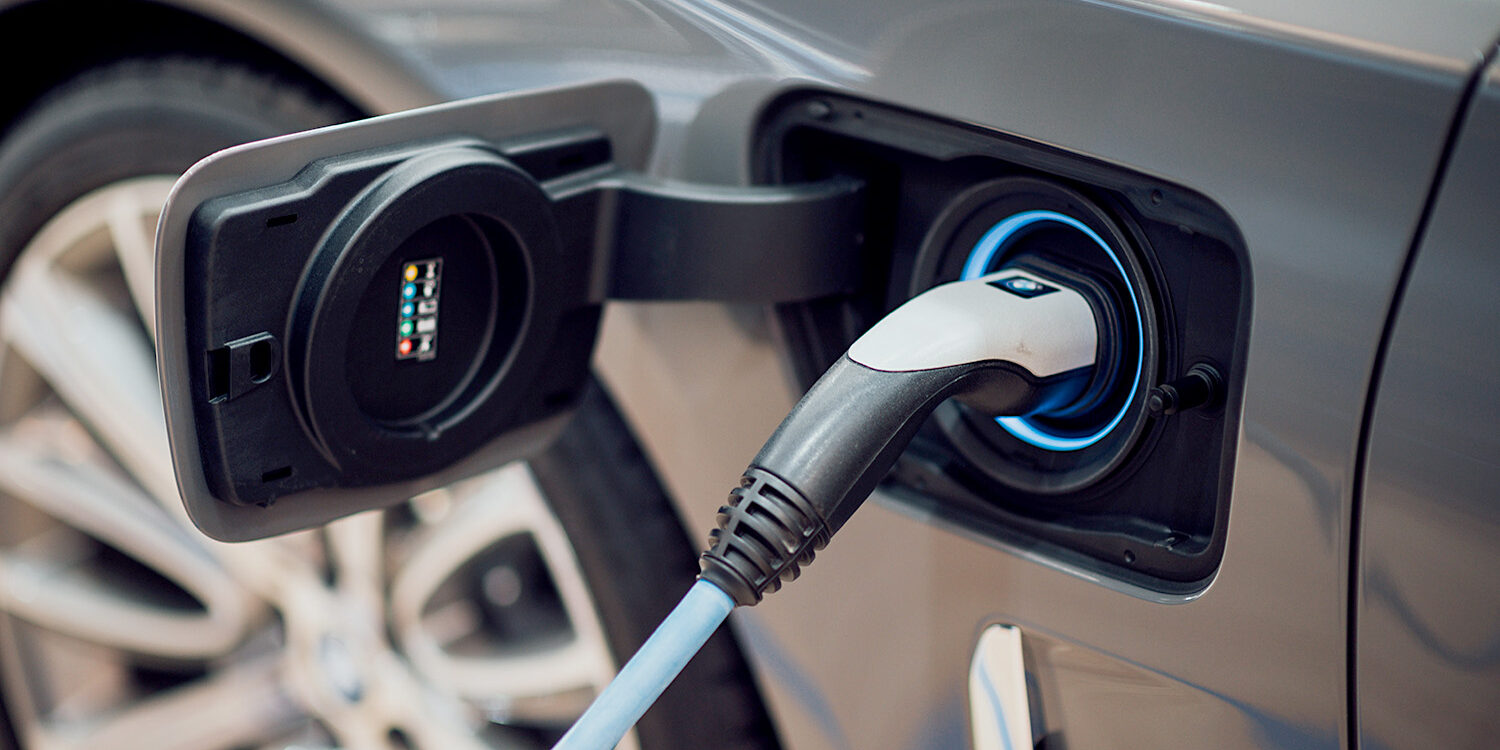H.B. 301 was passed by the Utah Legislature this month and is on its way to Gov. Cox’s desk. The bill makes impactful changes to taxes on electric vehicle charging and the current state excise tax rate on motor fuel, as well as increases to vehicle registration fees.
Under this bill, a new tax will be imposed on retail sales associated with electric vehicle charging beginning January 1, 2024.
Charging station operators must collect the tax at a rate of 12.5% on these sales, and then report and remit the tax collected to the Utah State Tax Commission on a periodic basis assigned by the Commission. Sales subject to this new tax include those made from charges per kilowatt hour, charges per hour, a subscription fee for charging services, or a combination of the three.
Likewise, charging station operators will be required to provide their customers with invoices showing:
- the name of the charging station operator;
- date of sale;
- number of kilowatt hours sold with sales price, length of time the charging station was used with sales price, or the sales price of the subscription fee;
- a separate line of tax collected; and
- the total price of the entire transaction.
In addition to the new tax on electric vehicle charging, the bill lowers the state’s motor fuel excise tax from $0.364 per gallon (set on January 1, 2023) to $0.345 per gallon, which will go into effect beginning July 1, 2023 and will end on December 31, 2023. In most years, the excise tax rate is set on January 1st and remains the same throughout the year, so this is a change that breaks from the norm that motor fuel suppliers and retailers should be aware of.
A trusted tax advisor here at Clarus Partners can help you and your business navigate these tax law changes and help answer any questions you may have, ensuring that you remain in compliance with the state’s tax reporting and remittance requirements for the current and upcoming tax years.

